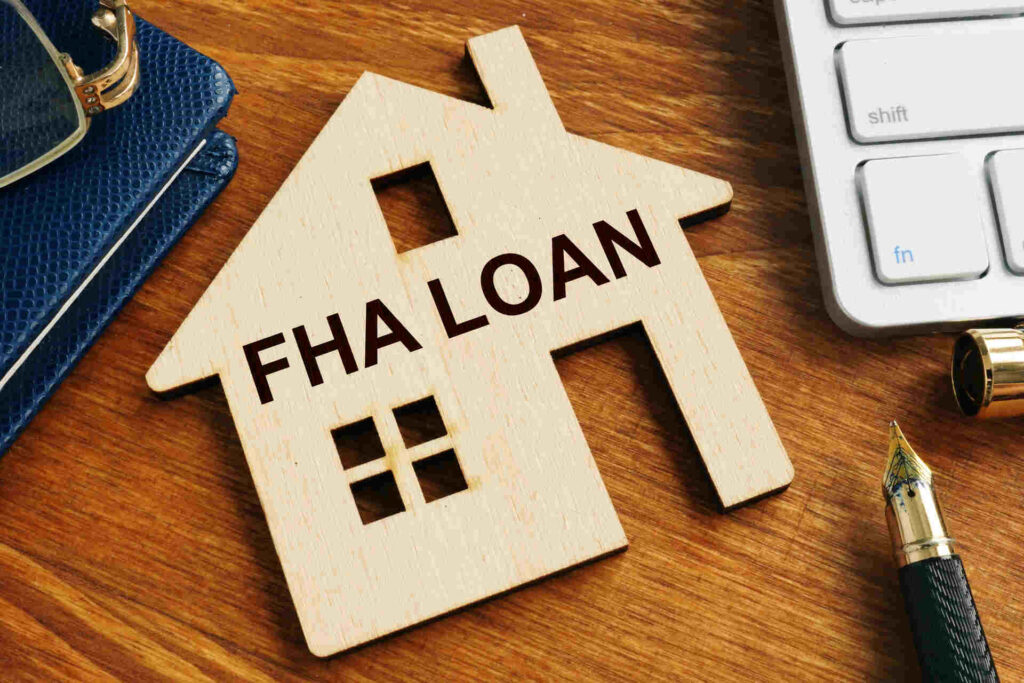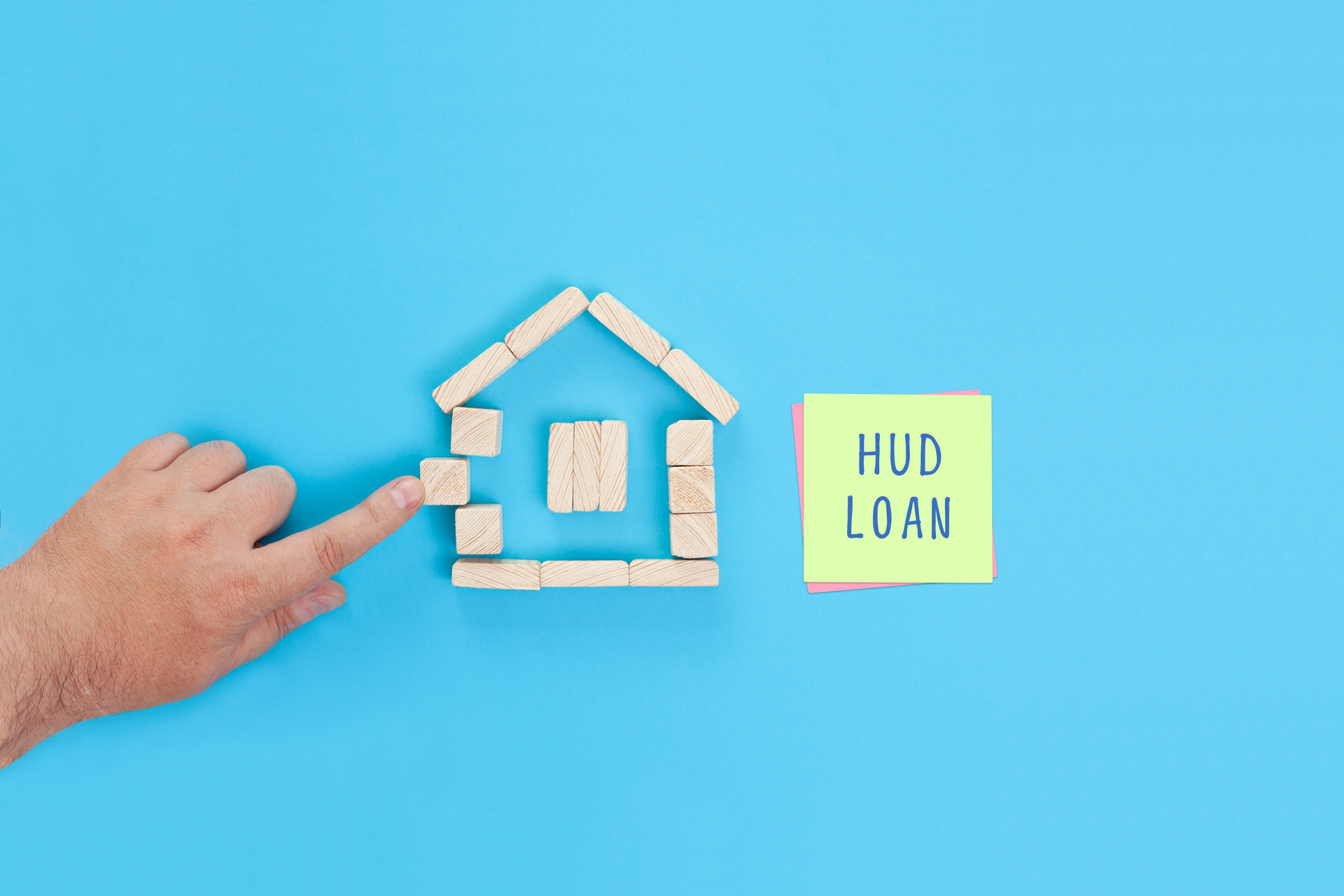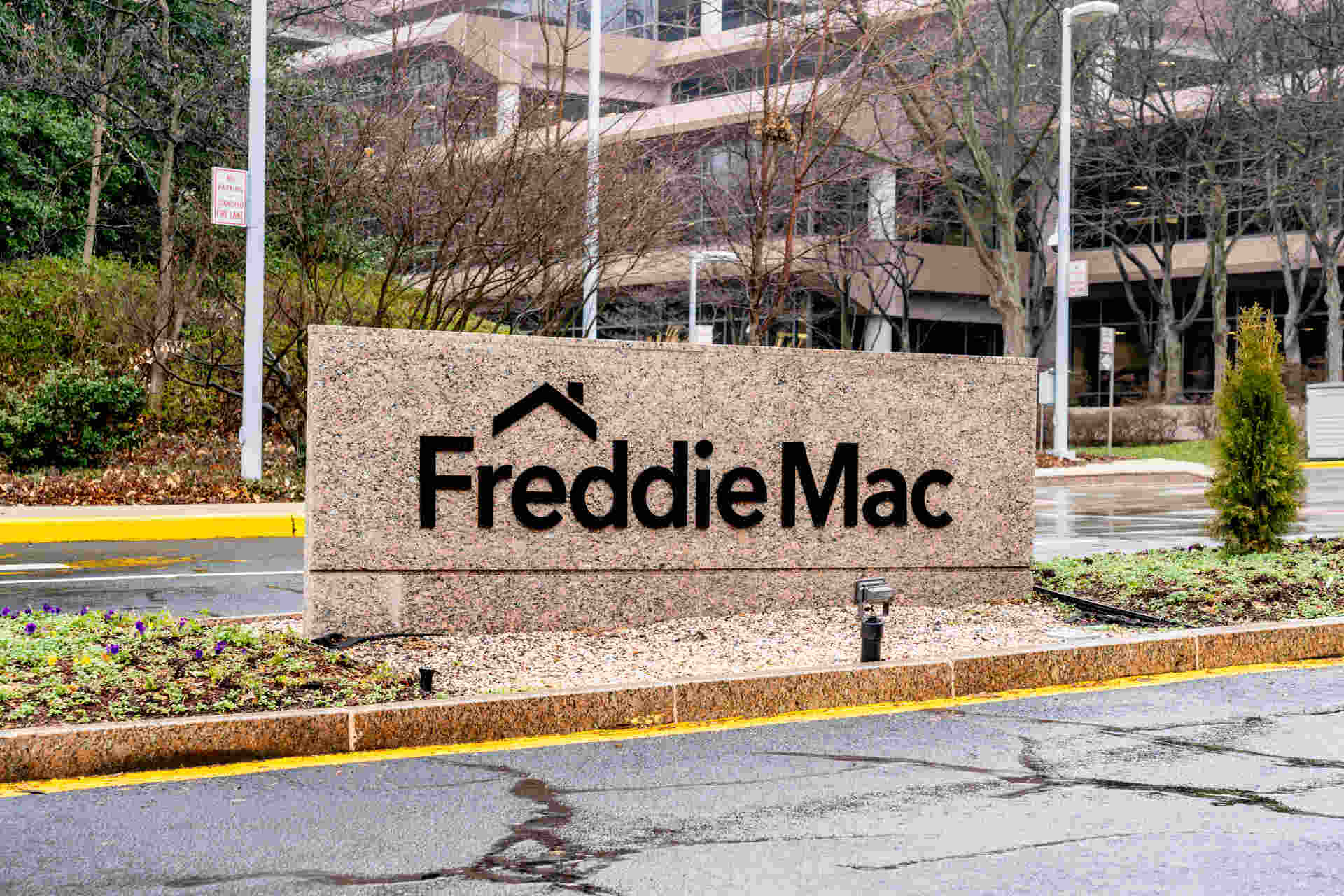Federal Housing Administration Loan(FHA) – Key-terms and Eligibility
Curious about turning your homeownership dreams into reality with an FHA loan? Wondering, “What is an FHA loan?” This guide has you covered, taking you through the process step by step. From understanding if you qualify to sealing the deal, gain valuable insights for a smoother FHA loan application journey.
Table of Contents
ToggleWhat is an FHA Loan?
FHA loans are special mortgages backed by the Federal Housing Administration (FHA), designed to help people buy homes with lower down payments. These loans are ideal for first-time homebuyers who may have limited funds. FHA loans often have more flexible qualification criteria, allowing individuals with lower credit scores to qualify.
The government backing provides added security for lenders, making it easier for borrowers to access homeownership. However, borrowers are required to pay mortgage insurance to protect the lender in case of default
Background of FHA Loans:
The Federal Housing Administration (FHA) was established in 1934 during the Great Depression as part of President Franklin D. Roosevelt’s New Deal initiatives.
Its primary mission was to stabilize the housing market and promote homeownership by providing mortgage insurance to approved lenders.
This innovative approach significantly lowered down payment requirements and facilitated longer-term mortgages. In the post-World War II era, the FHA played a pivotal role in expanding homeownership, particularly for returning veterans.
Over the years, it evolved to enforce fair housing practices and introduced diverse loan programs.

Amid the 2008 financial crisis, the FHA continued to support the housing market by offering mortgage options to borrowers facing challenges in the conventional mortgage sector.
Throughout its history, the FHA has been instrumental in making homeownership more accessible to a broad spectrum of the population, contributing to the growth of the U.S. housing market.
Pros and Cons of FHA Loans:
Pros of FHA Loans:
Low Down Payment: FHA loans typically allow for lower down payments, making homeownership more accessible, especially for first-time buyers.
Flexible Credit Requirements: FHA loans may be available to individuals with lower credit scores compared to conventional loans, providing opportunities for those with limited credit history.
Government Backing:The government backs FHA loans, offering lenders additional security and making them more willing to extend loans to borrowers with higher risk profiles.
Fixed and Adjustable Rates:FHA loans offer both fixed-rate and adjustable-rate options, providing borrowers with flexibility in choosing a mortgage that suits their financial preferences.
Assumable Mortgages:FHA loans are assumable, meaning that in certain circumstances, a buyer can take over the seller’s existing FHA loan, potentially securing a lower interest rate.
Cons of FHA Loans:
| Pros | Cons |
|---|---|
| ✅ Low Down Payment: | ❌ Mortgage Insurance Premiums (MIP): |
| ✅ Flexible Credit Requirements: | ❌ Loan Limits: |
| ✅ Government Backing: | ❌ Property Standards: |
| ✅ Fixed and Adjustable Rates: | ❌ Resale Limitations: |
| ✅ Assumable Mortgages: | ❌ Complex Approval Process: |
Types of FHA Loans:
1:FHA Purchases Loan:
FHA Purchase Loans are a type of mortgage offered by the Federal Housing Administration (FHA) to facilitate homebuying for individuals who may have limited financial resources.
These loans are designed to make homeownership more accessible by allowing borrowers to purchase a home with a lower down payment compared to conventional loans.
2:FHA 203(b) Rehabilitation Loan:
The FHA 203(b) Rehabilitation Loan is a mortgage program offered by the Federal Housing Administration (FHA) that combines financing for both the purchase or refinancing of a home and funds for its rehabilitation or improvement.
3:FHA Streamline refinance loan:
The FHA Streamline Refinance Loan is a special mortgage program offered by the Federal Housing Administration (FHA) that enables existing FHA borrowers to refinance their current mortgage with a simplified and expedited process.
4:FHA 203(K) Loan:
FHA 203(k) loans are a unique mortgage program provided by the Federal Housing Administration, offering financing for both the purchase or refinance of a home and the associated renovation costs.
These loans enable borrowers to finance a wide range of repairs or improvements within a single mortgage, simplifying the financing process.
With options like the Streamlined 203(k) for smaller projects and the Standard 203(k) for more extensive renovations, these loans cater to various needs. Borrowers typically work with a HUD-approved consultant to assess the property, develop renovation plans, and oversee the construction process.
The FHA 203(k) program is especially beneficial for homebuyers seeking a cost-effective solution to address property upgrades.
5:FHA HECM Loans:
FHA HECM, or Home Equity Conversion Mortgage, is a reverse mortgage program backed by the Federal Housing Administration. It allows homeowners aged 62 and older to convert a portion of their home equity into loan proceeds, providing financial flexibility without monthly mortgage payments.
The loan is repaid when the homeowner sells the home, moves out, or passes away. FHA HECM is designed to help seniors access their home equity while remaining in their homes.
6:Energy Efficient Mortgage Loans:
Energy Efficient Mortgage (EEM) FHA loans are a specialized financing option offered by the Federal Housing Administration (FHA) to encourage energy-efficient improvements in homes.
With these loans, borrowers can include the costs of qualifying energy-efficient upgrades in their FHA-insured mortgage.
The aim is to support environmentally friendly improvements that enhance a home’s energy efficiency, such as installing solar panels, energy-efficient windows, or upgrading insulation.
EEM FHA loans provide an avenue for homeowners to invest in sustainable features while potentially reducing long-term energy costs.
Navigate the FHA loan application journey seamlessly by verifying eligibility, choosing an FHA-approved lender, and completing the necessary paperwork. Selecting a suitable property that aligns with FHA standards is pivotal, followed by patiently waiting for processing, underwriting, and ultimate approval. For personalized assistance, consider reaching out to m5funding to guide you through every step of the way.
Find Best Lenders with M5Funding
Requirements for Applying FHA Loans:
FHA loans, backed by the Federal Housing Administration, have specific requirements for borrowers to qualify. Some key requirements include:
Minimum Credit Score
While FHA loans are known for more lenient credit requirements, a minimum credit score is still necessary.
Generally, a score of 580 or higher is recommended for the 3.5% minimum down payment, but lower scores may be considered.
Down Payment
Borrowers are required to make a minimum down payment, which is typically 3.5% of the home’s purchase price.
A lower credit score may require a higher down payment.
Debt-to-Income Ratio:
FHA sets limits on the percentage of your income that can go toward your mortgage payment and all recurring monthly debts.
The total debt-to-income ratio typically shouldn’t exceed 43%.
Steady Employment and Income:
Borrowers are generally required to demonstrate a stable employment history and reliable income.
Lenders assess the ability to repay the loan.
Residency and Legal Capacity:
FHA loans are intended for primary residence use, and borrowers must have legal capacity to enter into a mortgage contract.
Bankruptcy and Foreclosure History:
Borrowers may be eligible for an FHA loan after a certain waiting period following bankruptcy or foreclosure.
The length of the waiting period depends on the circumstances.
| Requirements For FHA Loans |
|---|
| ✅ Minimum Credit Score(Minimum 580) |
| ✅ Down Payment(Minimum 3.5%) |
| ✅ Debt to Income Ratio(43%) |
| ✅ Steady Employment and Income |
| ✅ Residency and Legal Capacity |
How to Apply For FHA Loans?
Check Your Eligibility:Ensure you meet FHA loan requirements, including a minimum credit score, steady income, and a manageable debt-to-income ratio.
Find an FHA-Approved Lender:Locate a mortgage lender approved by the FHA. You can find a list of approved lenders on the FHA website or inquire with local banks and mortgage companies.
M5 Funding Can help you in Finding a Trusted lender Quickly and Easily.
Gather Necessary Documentation:Prepare documentation such as proof of income, employment history, tax returns, and details of your debts and assets. Having this information ready will expedite the application process.
Wait for Loan Processing:Allow time for your loan application to be processed. The lender will review your documentation, order an appraisal, and assess your eligibility for an FHA loan.
Approval:Once the loan is approved, you'll attend the closing. During this meeting, you'll sign the final loan documents, pay any closing costs, and officially take ownership of the property.


